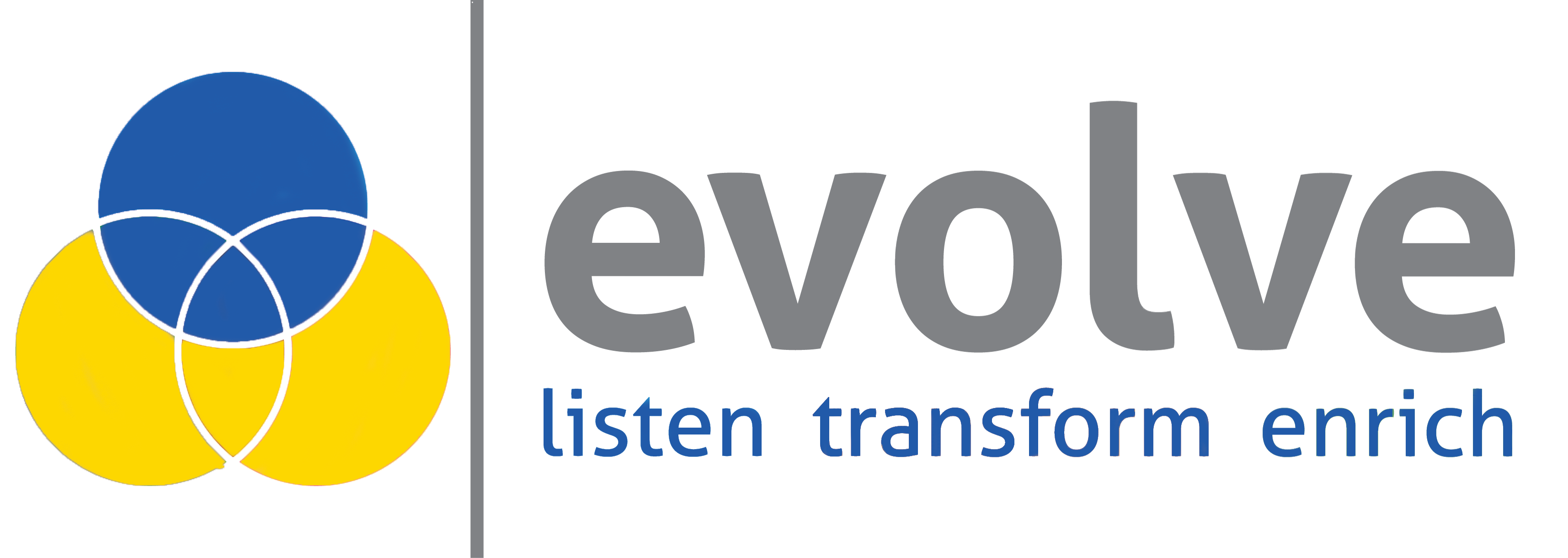The COVID-19 pandemic ushered in a period of rapid acceleration of digital transformation initiatives across industries. What typically took years to innovate and implement happened within a matter of months.
Some companies moved up to the cloud almost overnight, and this trend is expected to continue.
“75% of midsize and large organisations will implement a multi-cloud or hybrid IT strategy in 2021,” Gartner.
Others incorporated artificial intelligence (AI), which is expected to gather more momentum early next year. While it previously took years for companies to experiment with AI, 2020 proved that you could dive in headfirst and keep adapting.
The proliferation of automation technologies like AI is already profoundly intertwined at the software and chip levels. This leads to greater democratisation of smart tools that developers leverage and apply to applications and enterprise data. It ultimately leads to seamless access to computing power and the advanced algorithms (needed to use AI to automate just about anything).
What else can we expect to see in the new year? Let’s look at the top five automation trends we can expect to see in 2021.
1. Hyper-Automation Challenges and HDIM
The current trend of adopting AI capabilities to automate business processes and workflows will grow rapidly. Traditional automation solutions were developed to replace manual functions like data management, resource provisioning, configurations, and service management. From now on, they won’t work in silos and will be adopted uniformly across the broader scope of IT operations.
With hyper-automation capabilities powered by AI, companies can orchestrate autonomous operations within a highly complex hybrid IT environment. As there are specific automation challenges that come with hybrid infrastructure, we’ll see more Hybrid Digital Infrastructure Management (HDIM) protocols in 2021.

2. Rapid Rise of Cyber Security, AIOps, and DevSecOps
The presence of smart algorithms in security systems is on the rise. In this scenario, AI is used explicitly as a proactive preventative measure for the automated resolution of potential threats and other issues. This process is now called AIOps.
As more staff work remotely (usually on poorly secured devices), AIOps will play a critical role in securing enterprise infrastructure. For example, companies like HPE already have AIOps platforms like HPE InfoSight that predicts and resolves 86% of security-related problems (and they’re not alone). IBM recently acquired the Chicago-based applications performance management platform, Instana to improve Watson AIOps and reduce resolution times by 65%.
Another cultural shift that’s happening in software development nowadays and will gain traction next year is DevSecOps. Its main goal is to ensure security from the first iteration of the rapid release cycle, blurring the lines between development and IT security teams. This approach ensures that security processes are automated and managed by the development teams themselves.
3. Emergence of DevTestOps
Like AIOps, we’ll also witness the emergence of DevTestOps to improve QA testing protocols further. QA is a popular vertical for automation, but now it’ll incorporate the critical concepts of hyper-automation and the DevOps SDLC framework.
DevOps workflows already include continuous testing practices. Now they’ll be deployed early during the SDLC (or software development life cycle) pipeline to improve software quality and overall security. The collaborative combination of development, operations, and testing are now called DevTestOps.
4. Personalised Smart Marketing
With the oceans of data every individual generates today, marketing is about to take it to the next level. We’ve already seen highly personalized targeting, but AI will do all the work in the new year and do it better.
This will go hand in hand with enhancing customer experiences. As more data is collected, it’ll be leveraged to optimise the customer’s individual experiences in real-time. This is achieved by accurately predicting the next best action, make a perfect suggestion, or generating instant offers that convert.
5. Seamless Confluence of IoT
The Internet of Things (IoT) has come a long way and is about to converge with smart algorithms. With AI available in smart sensors to offer quickly actionable insights, you can expect to see significant foundational growth in the IoT sector.
AIoT systems take action on the data they monitor. This could take the form of redirecting traffic, closing doors, turning off lights, and controlling on-premise temperature. So, expect to see an explosion of smart sensors and devices everywhere, enabling improved security, better sustainability, and more. You can also expect it to improve customer experiences in a retail setting and allow real-time offer optimisation (complimenting modern personalised marketing campaigns).
While digital transformation initiatives are rapidly adopted, it still presents significant challenges. This is because it’s not always easy to translate what we do and transform it into automated business processes.
The progress we make in 2021 comes down to available tech talent, resources, and support from all stakeholders, especially at the board level. Those who succeed will better align their digital transformation initiatives with deriving real value from automating IT processes and operations.
With the increased presence of AI, companies must invest in changing their working culture, help staff identify and focus on more important tasks, and create an environment where technology enhances functions traditionally performed by humans (wherever possible).
At Evolve, we’ve helped companies of all sizes reap the benefits of AI and digital transformation. To learn more, schedule a commitment-free consultation now.

